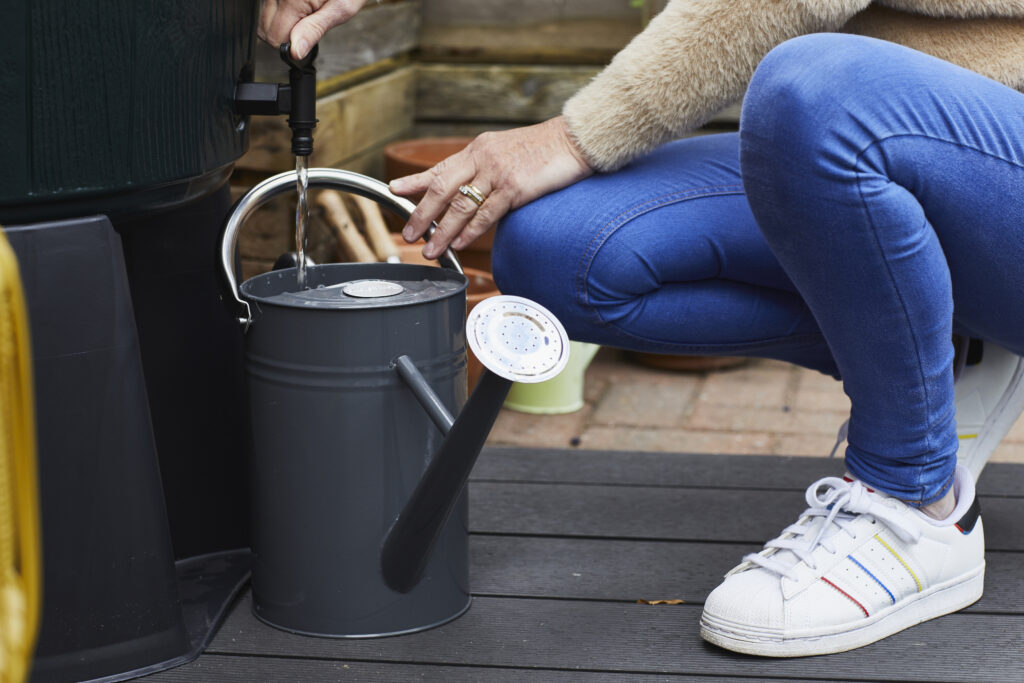Community groups, community centres, social clubs, man clubs, scout and guide groups, schools or allotments can apply for a free water butt so they can make the most of the rain when it falls. There are three different sizes to choose from (100L, 200L or 227L). Groups can register for a free water butt by visiting: www.yorkshirewater.com/save
Yorkshire Water has already donated 42 water butts to ‘In Bloom’ community groups across the region. 400 more water butts are now available.
The donation is part of a campaign to support Yorkshire’s gardening groups with saving rainwater where they can.
Emma Rattigan, water efficiency manager at Yorkshire Water, said: “We are thrilled that we’ve already been able to help over 40 RHS In Bloom groups across Yorkshire by providing them with an additional source to collect rainwater, when it does occasionally pour! Now we want community groups and allotments to get in touch for a free water butt.
“Water butts are a great way to catch precious rainwater from going down the drain as it’s redirected into the container. It’s important that we all do our bit to save water where possible to put the hosepipes away and use greywater to help protect the environment and keep reservoirs topped up.”
Roger Burnett, chairperson, RHS Yorkshire in Bloom, explains: “Despite the hot and dry weather we have encountered this summer, when it has rained the donated water butts have given 42 community groups an opportunity to capture this precious commodity and use it to nurture their blooms and floral displays.
“Water conservation is an essential element of the annual Yorkshire in Bloom Floral and Environmental Competition and our assessors are always on the lookout for new and innovative ways that our gardeners are adopting to save and reuse water. Yorkshire in Bloom are at the forefront of gardening in an environmentally friendly way and the partnership with Yorkshire Water has enabled us all to think carefully about how we use this precious resource.”
Below are some other ways you can reduce water usage in the garden:
Using ‘grey water’ from your washing up bowl, after rinsing your veggies or plates, can be full of nutrients and a great source of water for plants
Opting for drought-resistant plants which require less water to thrive, such as lavender and verbena. Pollinators also love these plants!
Watering your plants early in the morning, or in the evening, so that water doesn’t evaporate in the heat of the day before your plants get chance to soak it up
Adding a layer of leaves, bark or compost over your flower bed helps to retain moisture and reduce the need for watering
Allowing your lawn to go brown – it’ll bounce back as soon as it rains






















